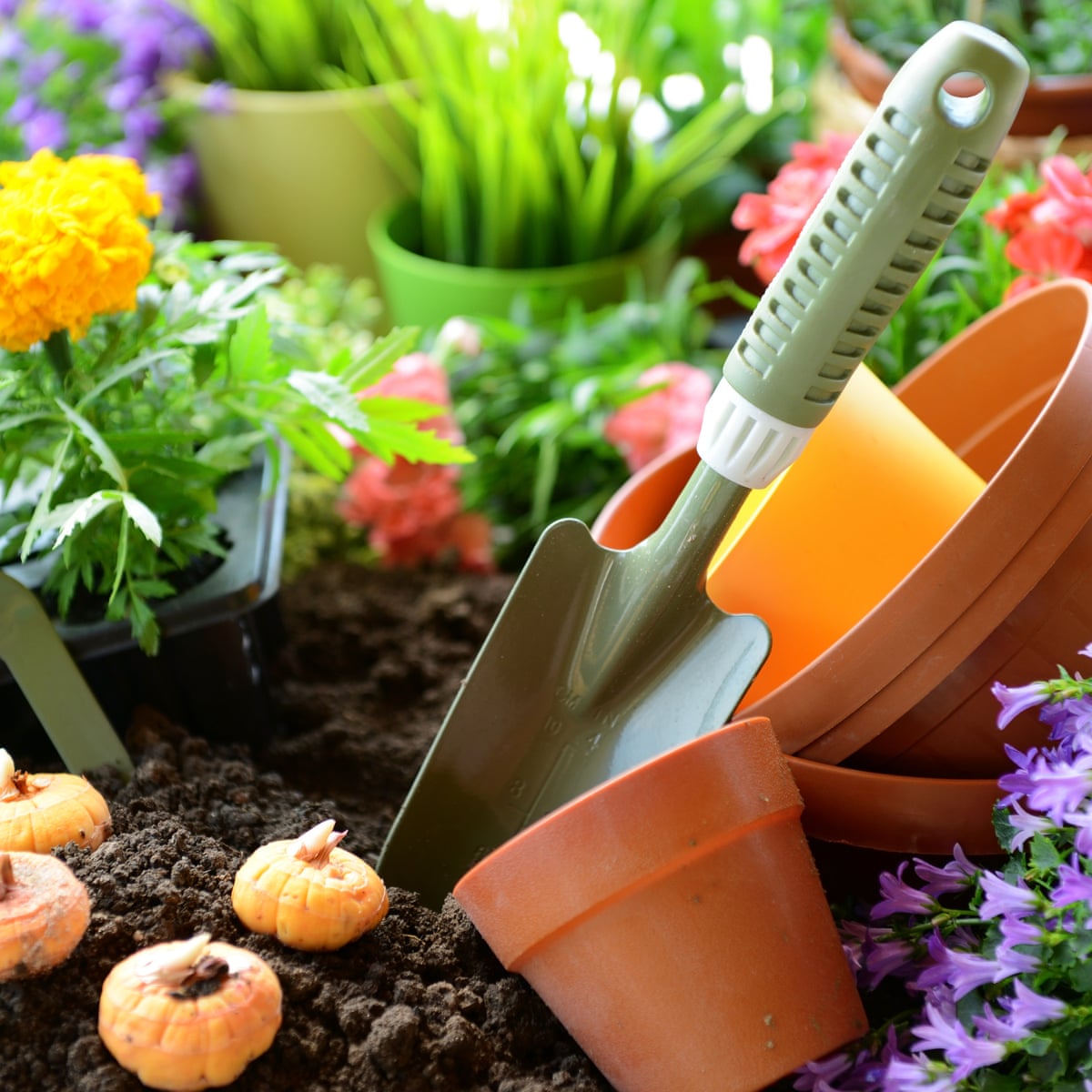Seasonal Gardening Tips: What to Plant and When for Ideal Outcomes
Seasonal Gardening Tips: What to Plant and When for Ideal Outcomes
Blog Article
Unlocking the Advantages of Gardening: A Detailed Check Out the Various Kinds and Their Effect on Health
Discovering the complex advantages of gardening discloses a spectrum of methods that substantially boost specific wellness. From veggie and herb gardens to container and raised bed setups, each kind supplies distinctive benefits that prolong beyond mere cultivation. These activities not only foster physical health and wellness through active involvement but also contribute to mental health by easing stress and encouraging mindfulness. As we check out these diverse gardening techniques, it ends up being evident that their impact can reverberate on individual, social, and ecological levels, triggering a closer take a look at how these links create a natural narrative of holistic health.
Types of Horticulture

Flower gardening, an additional prominent group, stresses the visual appeal of cultivated blossoms. This kind can improve landscapes and promote biodiversity by bring in helpful pollinators. In a similar way, herb horticulture includes expanding aromatic and culinary plants, adding both to cooking and natural treatments.
Container gardening deals adaptability, allowing individuals with minimal space to take part in horticulture by utilizing pots and planters. This approach is particularly popular in urban settings. Raised bed horticulture, on the various other hand, entails producing raised stories that boost soil drain and ease of access, making it much easier for garden enthusiasts to manage their plants.
Lastly, community gardening cultivates cooperation among individuals in shared spaces, advertising social communication and cumulative duty. Each type of gardening serves distinct objectives and accommodates different preferences, making gardening a functional activity that can be customized to private needs and atmospheres.
Mental Health And Wellness Advantages
Taking part in numerous kinds of gardening not only generates substantial rewards such as fresh produce and lovely flowers yet additionally provides significant mental health advantages. Study suggests that gardening can be an effective tool for reducing tension, anxiety, and clinical depression. The act of tending to plants and growing a yard cultivates a feeling of objective and accomplishment, which can boost overall emotional wellness.
In addition, horticulture urges mindfulness, as it requires individuals to concentrate on the here and now minute, whether it be growing seeds or supporting growth. This mindfulness method can result in decreased rumination and improved mood stability. The direct exposure to native environments during horticulture has also been connected to enhanced cognitive working and reduced feelings of fatigue.
Social communication plays an important duty in mental health and wellness, and community gardening efforts give opportunities for people to get in touch with others, fostering a sense of belonging. The common experience of gardening can grow friendships and support networks, better boosting emotional durability.
Physical Health Conveniences
Numerous people may not understand that gardening also provides substantial physical health benefits. Taking part in horticulture activities requires a series of physical movements, consisting of flexing, training, excavating, and planting, which jointly add to improved stamina, flexibility, and endurance. These activities can boost cardiovascular wellness by advertising a raised heart price, thereby lowering the danger of cardiovascular disease.
Furthermore, gardening can work as a moderate-intensity exercise, aiding individuals achieve advised physical task degrees. Research studies show that normal engagement in gardening can burn significant calories-- approximately 200-400 calories per hour, depending my sources upon the strength of the jobs carried out. Such calorie expense is helpful for weight management and total metabolic health and wellness.
Furthermore, exposure to sunshine throughout horticulture can help with the synthesis of vitamin D, which plays a crucial function in keeping bone wellness and sustaining immune feature. The act of horticulture typically includes working with dirt, which has been website link connected to potential psychological and physical health advantages due to the presence of beneficial microorganisms.
Social Links Through Horticulture
The communal facets of gardening foster significant social links amongst people. Area gardens, specifically, work as dynamic hubs where individuals from diverse backgrounds come together, cultivating not only plants yet also partnerships. These common rooms motivate partnership, permitting people to exchange expertise, skills, and resources, thus enhancing their horticulture experience and promoting a sense of belonging.
Involvement in gardening tasks commonly results in the development of relationships and assistance networks. Individuals often unite for usual goals, such as growing periods, harvest events, or academic workshops, which strengthen interpersonal ties and develop a feeling of neighborhood. Such interactions can minimize feelings of isolation and boost mental well-being, as individuals locate companionship and sociability in common undertakings.

Ecological Impact of Horticulture
Gardening significantly contributes to ecological sustainability in multiple means. One of one of the most noteworthy advantages is the enhancement of biodiversity. Home gardens provide crucial environments for different varieties, including pollinators such as and butterflies, which are important for environment wellness. By growing diverse plant species, gardeners can develop a well balanced over at this website setting that sustains both flora and animals.

Furthermore, gardens play a vital function in water preservation. Tactical landscapes, consisting of native plants and xeriscaping, reduce water use and avoid drainage, therefore shielding regional waterways from pollution.
Conclusion

The diverse kinds of gardening-- including vegetable, blossom, natural herb, container, and elevated bed-- add to psychological and physical health and wellness, foster social links, and advertise ecological sustainability. By involving in gardening methods, people can experience better quality of life while also supporting neighborhood bonds and environmental health and wellness.
Report this page